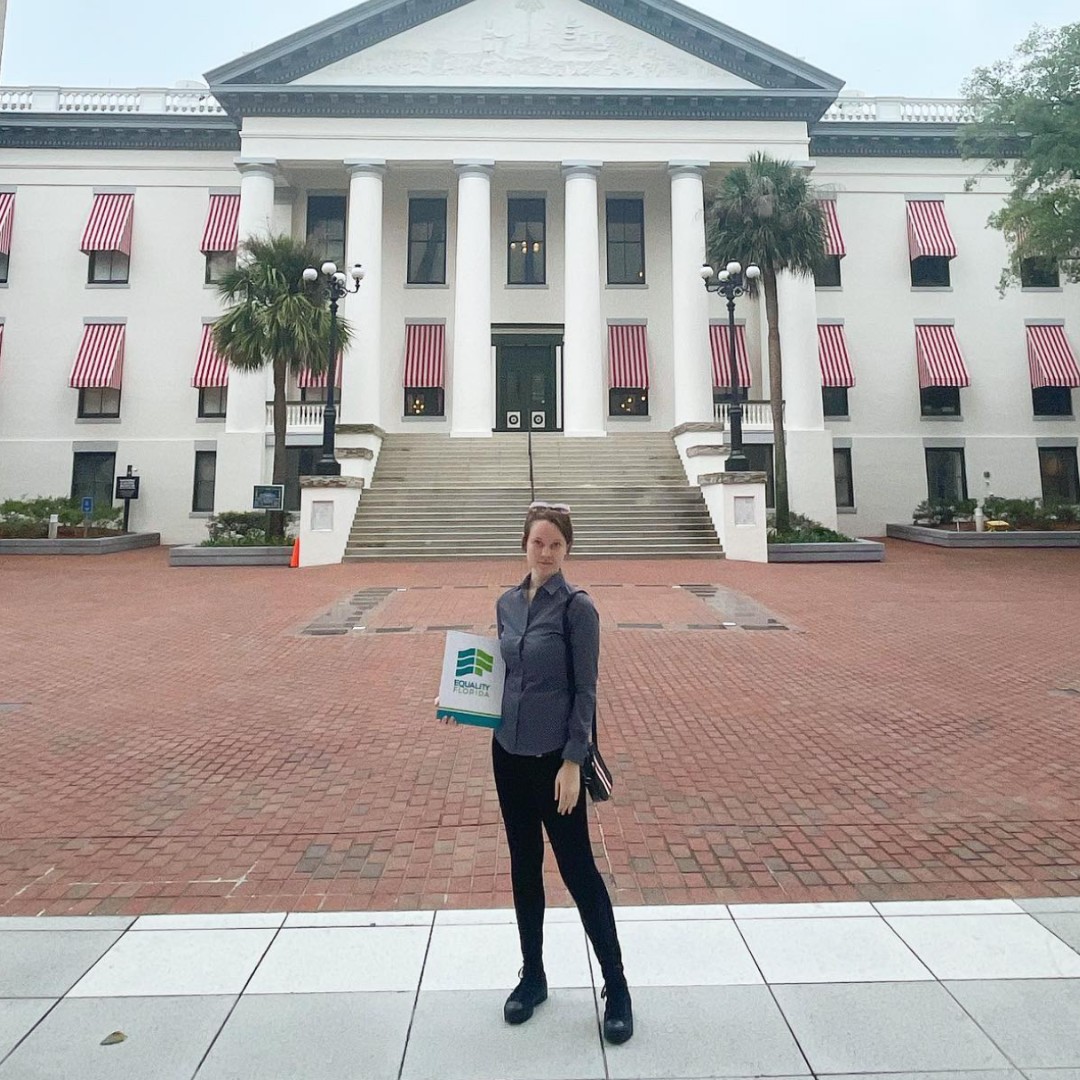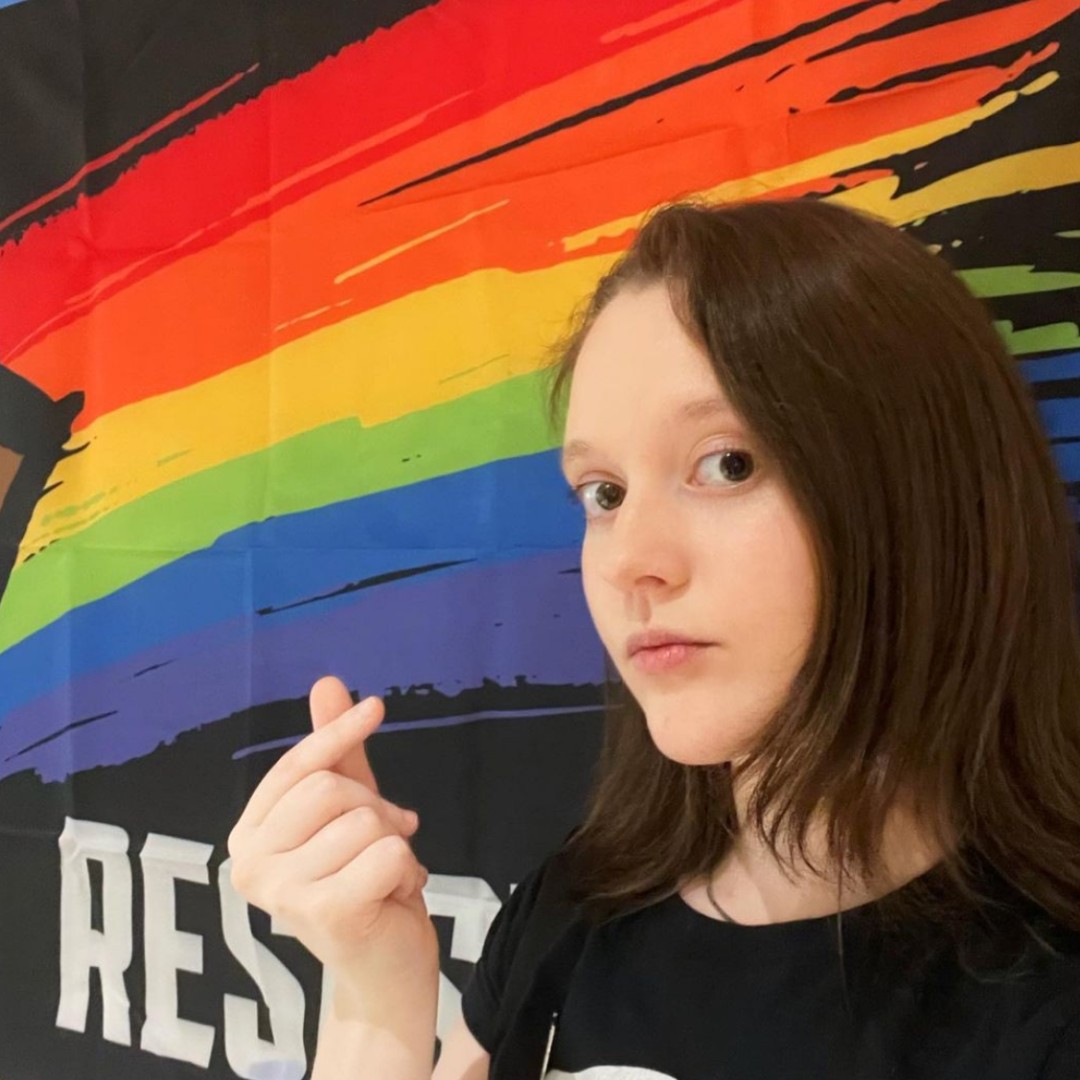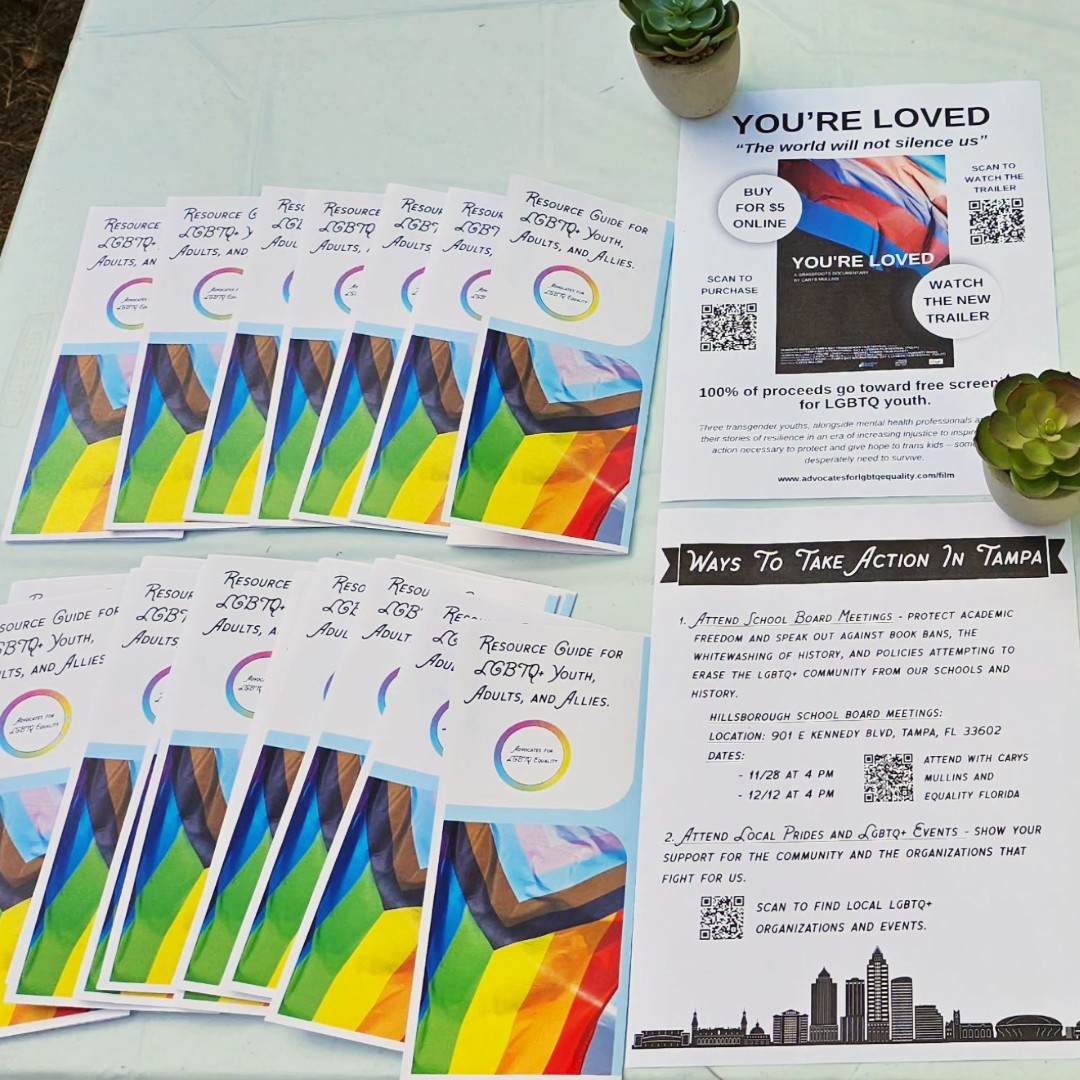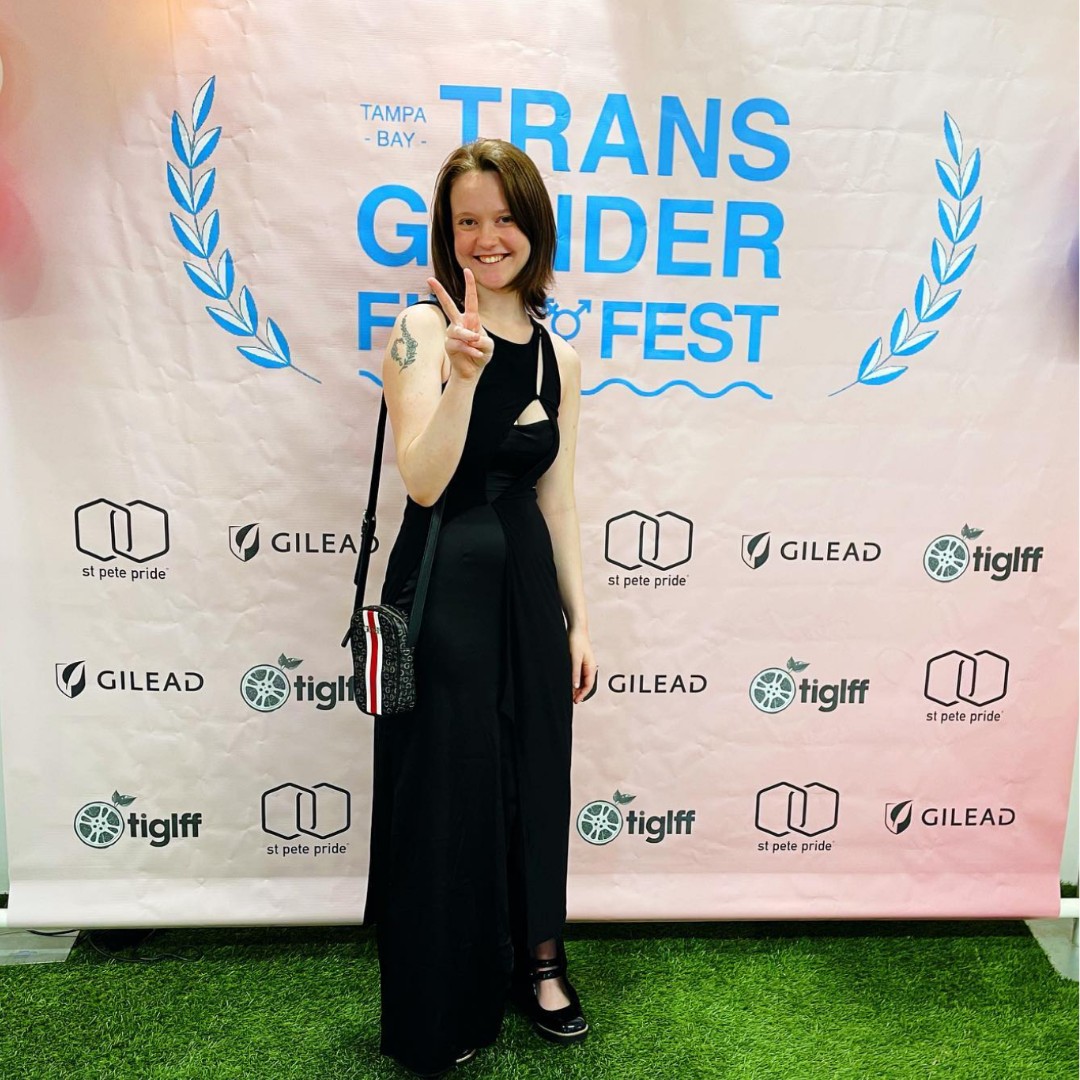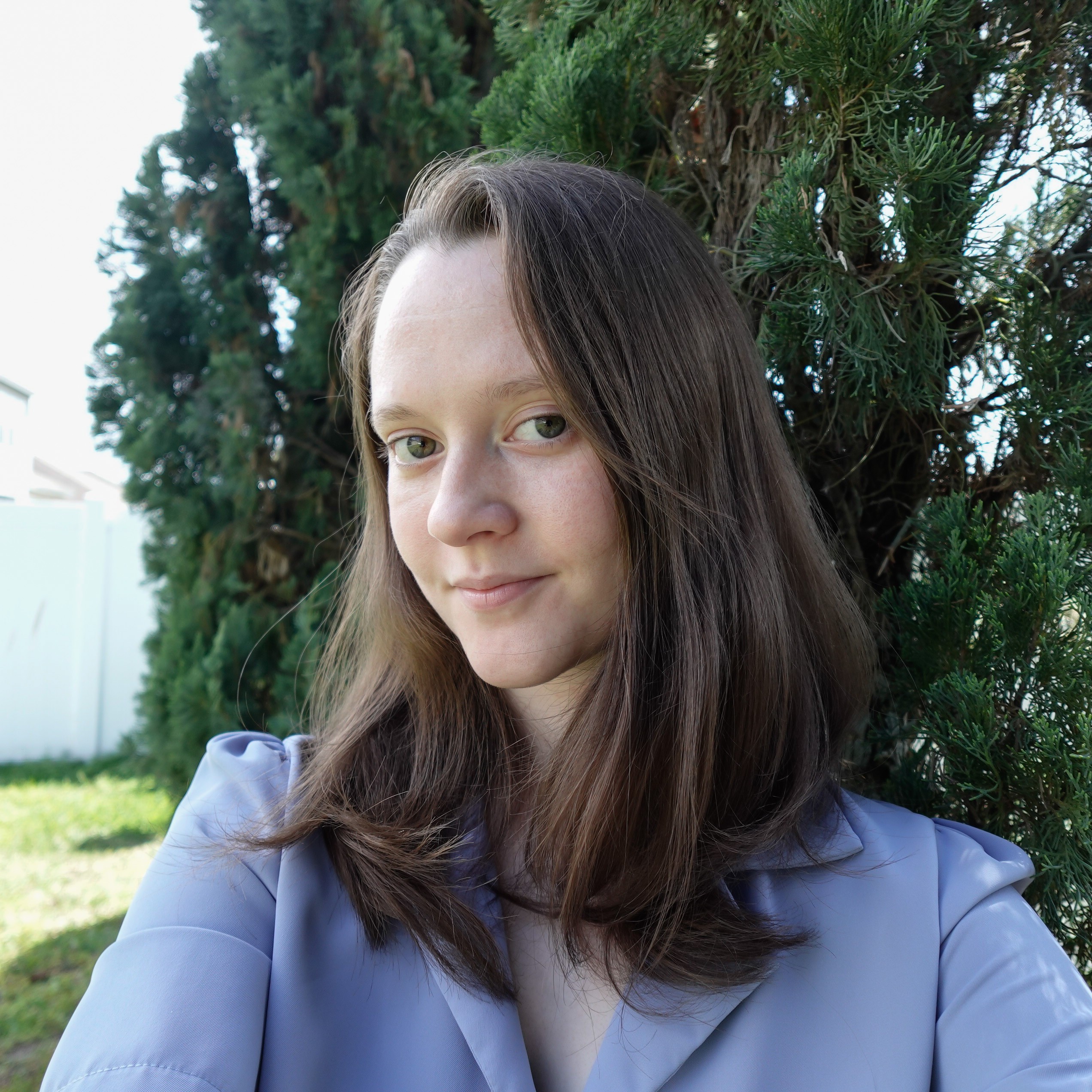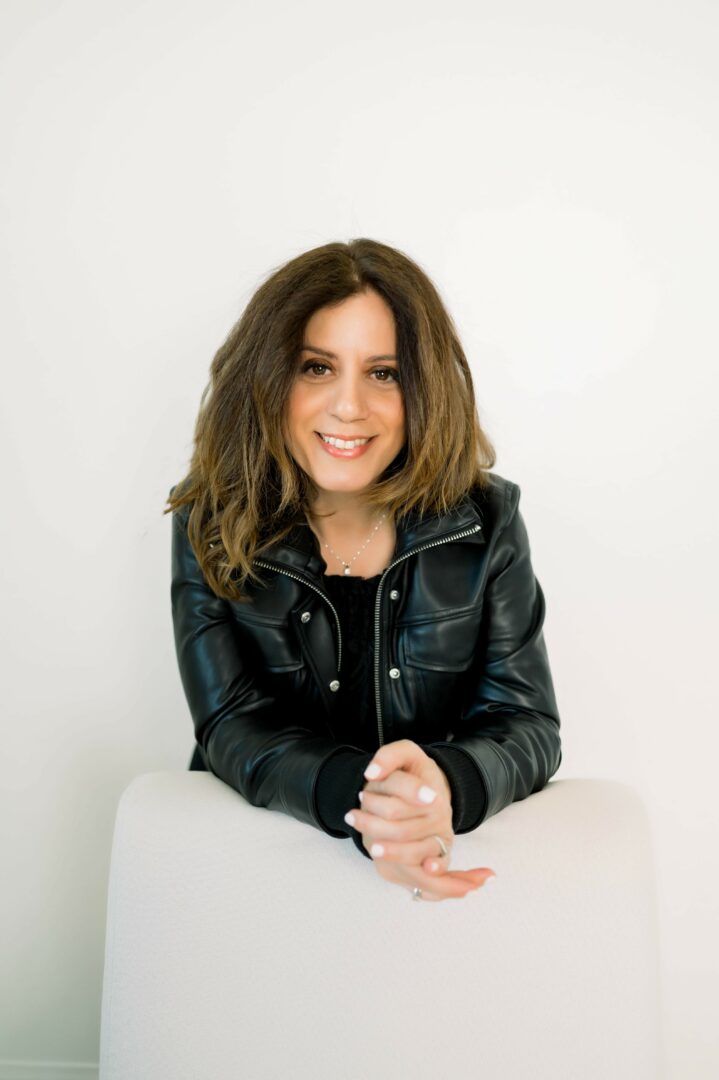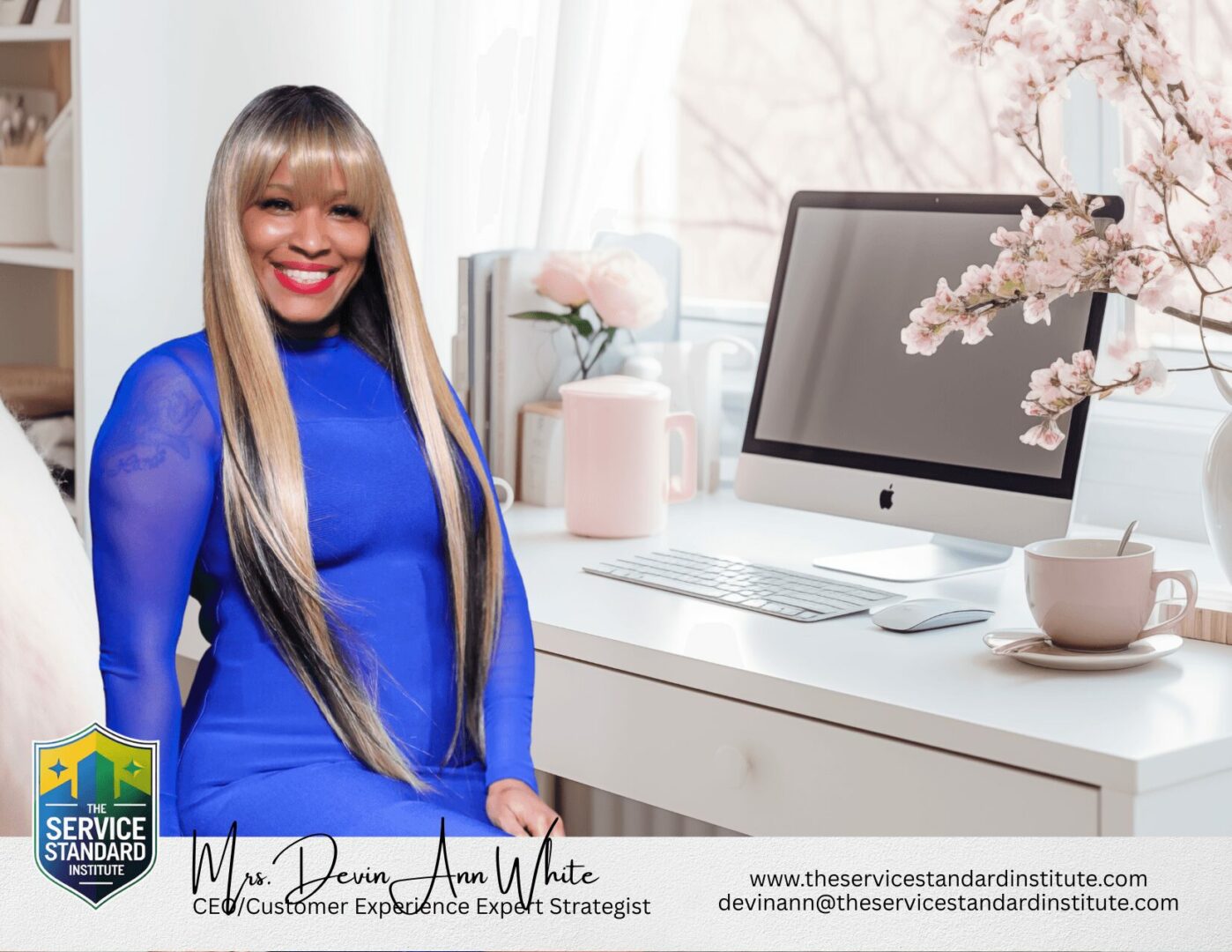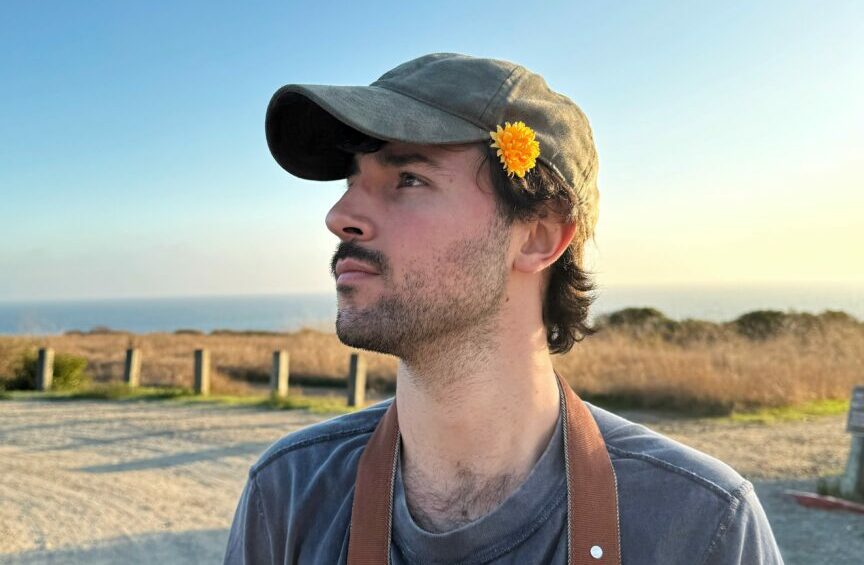We caught up with the brilliant and insightful Carys Mullins a few weeks ago and have shared our conversation below.
Carys, first a big thank you for taking the time to share your thoughts and insights with us today. I’m sure many of our readers will benefit from your wisdom, and one of the areas where we think your insight might be most helpful is related to imposter syndrome. Imposter syndrome is holding so many people back from reaching their true and highest potential and so we’d love to hear about your journey and how you overcame imposter syndrome.
When I got my first job at 17, the only qualifying experience I had was a stubborn motivation to learn all I could learn and a solid understanding of mental health gained from years of therapy. I worked as a mentor to at-risk and incarcerated youth. I also assisted in teaching survivors of sex trafficking how to cope with and understand their trauma through Social Emotional Learning (SEL). I definitely felt like an imposter when I started. Who was I to teach kids or adults about such complex and serious issues?
A big part of our training was going through the program ourselves. As I completed the training, I learned what would be my biggest takeaway from this job. There are no qualifications needed to have empathy, to listen, and to be present for those in need. After my internship, I utilized this lesson to build my life as an activist and business owner. It got me through nearly every moment of imposter syndrome, except for one.
In 2023, I was invited to Vice President Harris’ Pride Reception. In attendance were LGBTQ+ influencers, TV stars, renowned activists, and politicians. I was invited because I had recently made an indie documentary about the experiences of trans+ youth in various hot-topic states across the US, cataloging their struggles and resilience. Although I am very proud of the film, it’s not “Hollywood” material. It was never meant to be. Nevertheless, I accepted the invite, stunned, grateful, and terrified.
When I arrived at the party in D.C., I found a friend I knew from the activism crowd back home. I felt more at ease, less like an imposter. Then I saw big names – a few famous singers, reality show stars, famous TikTokers, and LGBTQ+ icons anyone could recognize. And then VP Harris walked in. I immediately reverted to an imposter.
What accolades do I have to deserve being 5 feet from the VPOTUS and shoulder to shoulder with a pop icon? When VP Harris went to give her speech, I squeezed into the crowd finally eager to tune in. It was inspirational, rallying, and motivating – a wonderful speech. I felt at home laughing, tearing up, and even singing at one point, with everyone who was fighting my same fight. After the speech, the party died down a bit. I took the “out” I had been regretfully looking for all evening.
Back at my hotel, I reflected on the reception by journaling. I scribbled my thoughts down rapidly and once I read it all over, I determined three things. I was glad I went. I was grateful I was invited. And I was frustrated with myself. I had as much of a right to be there as the millionaires, influences, and business leaders did. I was fighting this fight too. And in that moment, I had a thought. I realized why I deserved to be there just like everyone else did.
It was precisely because I wasn’t doing what the person next to me was doing. And the person next to me deserved to be there because they weren’t doing what I was doing. In such a long-running, far-reaching, and multi-faceted fight, if everyone did and achieved the same things all the time, we’d never get anywhere.
The fight for equality needs activists on screen as much as it needs activists in the streets. It needs industry pioneers as much as it needs petitioners and Pride volunteers. And it needs teenage indie filmmakers as much as it needs big-wig politicians. Everyone is needed and therefore everyone has a right to be celebrated (and to celebrate alongside everyone else). At its core, this fight is about inclusion and acceptance.
As I sat with all these thoughts, my imposter mask fell away.
Let’s take a small detour – maybe you can share a bit about yourself before we dive back into some of the other questions we had for you?
What started as a blog focused on LGBTQ+ mental health is growing into a diversified business. Through advocacy campaigns, education, and the distribution of resources, Advocates for LGBTQ+ Equality aims to inspire communities, foster inclusion, and promote equality for all people. The Equality Blog, which dives into LGBTQ+ economic, social, and educational equality, is one way the business fulfills its mission. The blog educates the public on LGBTQ+ equality, provides insight into the structures and policies that fuel inequality and offers actionable solutions.
We also created and continuously updated a Resource Database. The goal of the database is to bridge the knowledge gap and help those in need access to resources specifically meant to uplift LGBTQ+ people. Our database includes resources specific to LGBTQ+ students and youth, families, allies, people with chronic illnesses, kids in foster care, active duty service members, and more.
The Advocates for LGBTQ+ Equality is also a producer of You’re Loved, a documentary about the experiences of trans+ youth and their stories of resilience in an era of increasing injustice. We offer free community screenings to LGBTQ-serving nonprofits.
Coming soon is our new youth program. The goal of the program is to meet the needs of youth who engage in various forms of LGBTQ+ activism. We’re still in the developing phase of building the program. We’ve surveyed over 100 youth to ensure the program is built based on their needs, experiences, and ideas for change.
Out of all of these facets of my business, what I find to be most special is the opportunities it gives me to connect with my community. Be it by tabling at events or hosting a film screening, the ability to get together with the local LGBTQ+ community and work toward a better tomorrow together is priceless.
Looking back, what do you think were the three qualities, skills, or areas of knowledge that were most impactful in your journey? What advice do you have for folks who are early in their journey in terms of how they can best develop or improve on these?
Patience, willingness to fail, and grit. These qualities have carried me through sleepless nights to get the work done. They’re what pushed me through long days of volunteering in the sweltering summer heat to gain experience and build connections. They’re also what held me back from rushing into projects head first.
I often hear people answer “motivation”, but I think that’s false advertising. No one is motivated all the time. You need to be patient with yourself on the days when you need sleep more than you need to finish that proposal. You must be willing to fail – but optimistic that you will succeed. By “willing to fail”, I don’t mean you have to have Plan B through Z fleshed out “just in case”. I mean being willing to feel failure, to face it, and to sit with it. That’s how you grow, heal, and learn.
As for grit, I don’t mean white-knuckling your way through life. Grit to me is having the passion and dedication to put in a sustainable amount of effort rather than giving in to the urge to do everything, everywhere, all at once. It also means that when it’s time to put in that effort, you stick with it and get the work done – because sustainable doesn’t necessarily mean easy.
As we end our chat, is there a book you can leave people with that’s been meaningful to you and your development?
Oddly and funny enough, the book that helped shape large aspects of myself is “I Wear the Black Hat” by Chuck Klosterman. I’m a bit embarrassed to admit this. The book analyzes the nature and essence of evil through the lens of pop culture, rock music, and sports, amongst other random topics. It sounds more serious than it is. It’s a fun read with some solid sociological debates and political points. The book is more of an essay collection than a novel.
I can’t say I agree with everything written or understand all the never-ending pop-cultural and sports references made in the collection. However, one big idea attached itself to me once I read it. This idea became my own. It gave me a new lens to analyze situations and individuals.
The idea is the very thesis of the book: “A villain is someone who knows the most but cares the least.” It’s similar to the philosophy that the worst thing you can do is nothing, but more nuanced and specific. The latter idea never sat well with me. I am also a person who – in most situations – sides with the “if it ain’t broke, don’t fit it” crowd. Of course, brokenness can be subjective. But let’s say something really isn’t broken. It’s as perfect as anything can get in an imperfect world. If I do nothing when everything is going right, does that make me wrong? I’m not sure. That’s why that idea never resonated with me. But the concept that someone can know that everything is broken – or not broken – and be apathetic, simply not care, does strike a chord with me. This idea has helped me form one of my core values: you can be against me, you can be with me, but you have to pick one. You have to stand for something.
Contact Info:
- Website: https://advocatesforlgbtqequality.com/
- Instagram: https://www.instagram.com/carys_mullins/
- Linkedin: https://www.linkedin.com/in/carys-mullins/
